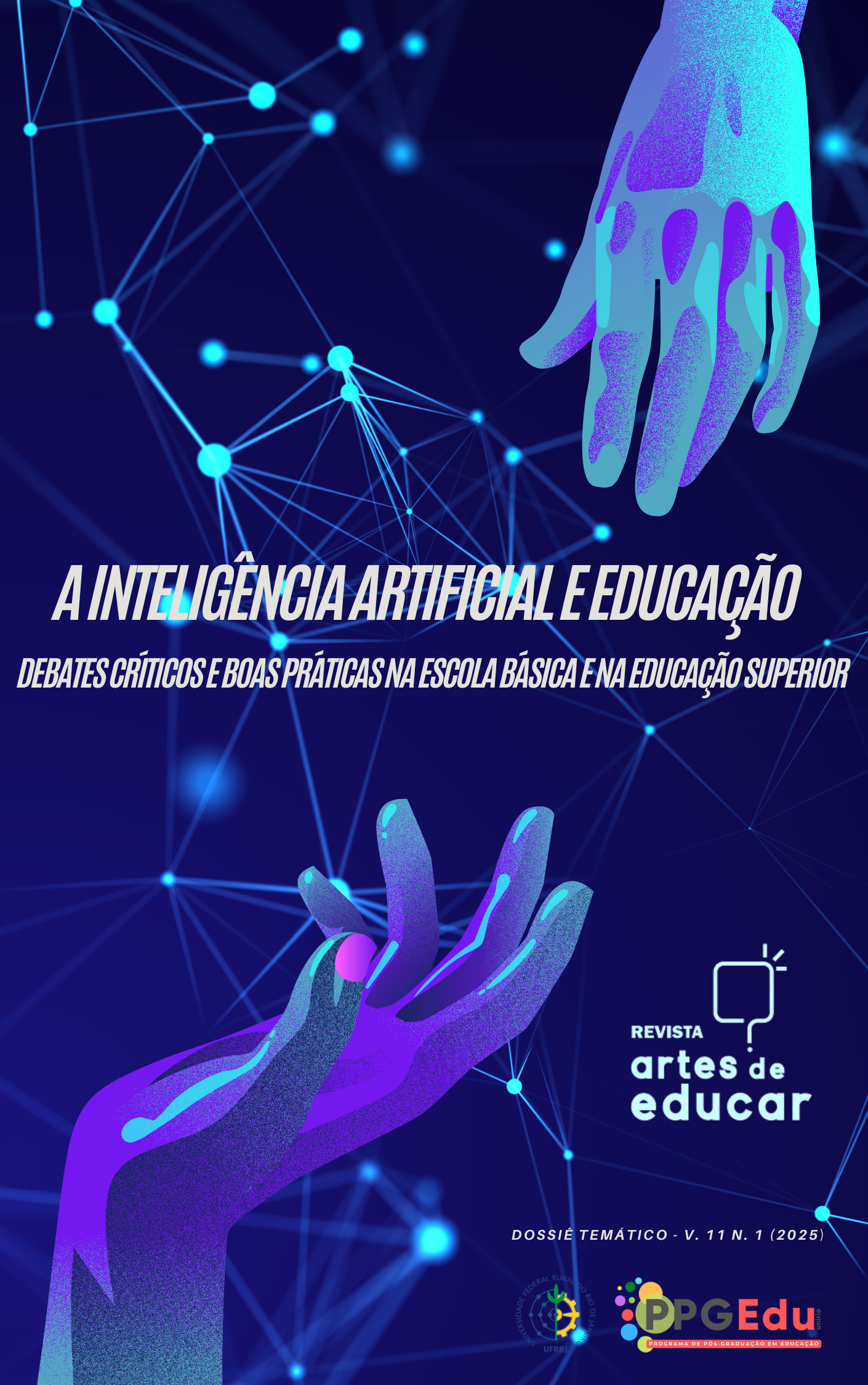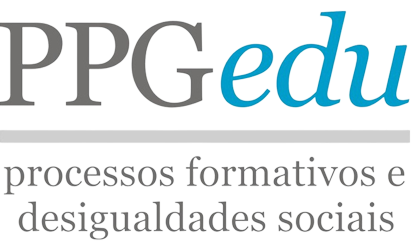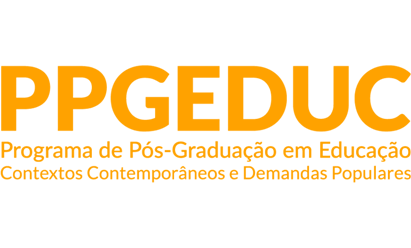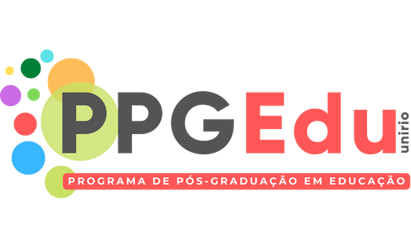ALÉM DA TUTORIA INTELIGENTE: EXPLORANDO O POTENCIAL DA INTELIGÊNCIA ARTIFICIAL PARA REVOLUCIONAR A EDUCAÇÃO BÁSICA E SUPERIOR
EXPLORING THE POTENTIAL OF ARTIFICIAL INTELLIGENCE TO REVOLUTIONIZE K-12 AND HIGHER EDUCATION
DOI:
https://doi.org/10.12957/riae.2024.85551Resumo
O artigo em questão aborda a inteligência artificial (IA) na educação, com exemplificações de suas práticas e respectivas análises críticas. Ainda que seu começo tenha sido modesto, nos anos de 1980, suas aplicações são úteis na atualidade tanto na escola básica quanto na educação superior, impactando a esfera educacional indubitavelmente e justificando a elaboração deste artigo. O objetivo geral deste trabalho é refletir acerca das práticas que envolvem a inteligência artificial, ao passo que os objetivos específicos são delinear o conceito de inteligência artificial tanto na escola básica quanto na educação superior. A aplicação da IA pode começar dos três anos de idade em diante, prosseguindo em turmas de alfabetização e chegando até o ensino médio, introduzindo e aprimorando habilidades que alcançarão maior complexidade no futuro e aprimorando o universo discente através de cursos ampliadores de conhecimentos, bem como promovendo acessibilidade aos estudantes da rede pública e até mesmo integração ao desenvolvimento de atividades direcionadas para o empreendedorismo, dentre outras capacitações. O caminho da IA continua na educação superior, onde os discentes já experimentam a independência cotidiana, e segue seu percurso, m atividades nas quais os sistemas de tutoria orientam o aprendizado. Embora a aplicação da IA na educação não garanta melhorias por si só se não houver o engajamento dos diversos atores que compõem o panorama educacional, além de bom senso e reflexão, se bem utilizada pode ser um recurso relevante, hodiernamente, personalizando o aprendizado discente. A aplicação da IA na educação não se esgota nos exemplos disponibilizados neste artigo, pois existem muitas outras possibilidades em seu bojo que ultrapassariam o limite de páginas deste trabalho.
Downloads
Publicado
Como Citar
Edição
Seção
Licença
Copyright (c) 2024 Gutemberg Gomes Silva, Elisabete Amaral Santos

Este trabalho está licenciado sob uma licença Creative Commons Attribution-NonCommercial 4.0 International License.
Os autores mantêm os direitos autorais dos seus trabalhos, têm permissão para publicar e distribuir seu trabalho online (ex.: em repositórios institucionais ou na sua página pessoal) a qualquer ponto antes ou durante o processo editorial, já que isso pode gerar alterações produtivas, bem como aumentar o impacto e a citação do trabalho publicado.
A aceitação do texto implica na autorização e exclusividade da Revista Interinstitucional Artes de Educar acerca do direito de primeira publicação, os trabalhos publicados estão simultaneamente licenciados com uma licença Creative Commons Atribuição-Não Comercial 4.0 Internacional 























